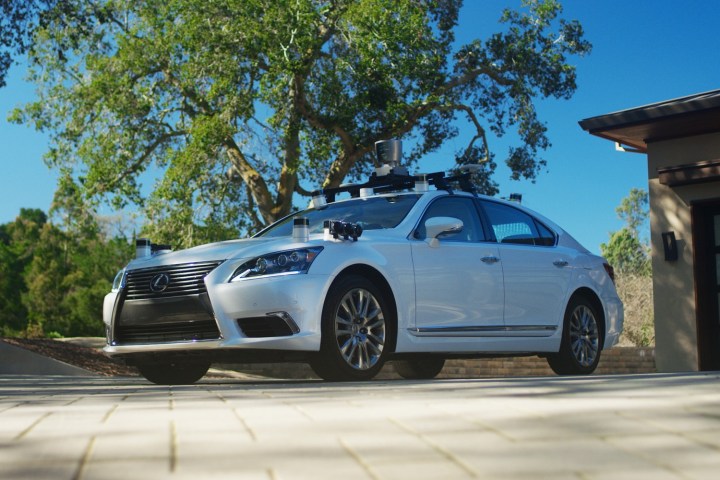
In AAA’s annual survey in early 2017, 78 percent of drivers reported feeling afraid to ride in a fully autonomous car. In this year’s survey, the share dropped to 63 percent of American drivers who reported fear of self-driving cars. Vehicle autonomy advocates have a way to go before most Americans trust either riding in or sharing the road with driverless vehicles, but the opinion is shifting.
“Americans are starting to feel more comfortable with the idea of self-driving vehicles,” according to Greg Brannon, AAA Automotive Engineering and Industry Relations Director Greg Brannon. “Compared to just a year ago, AAA found that 20 million more U.S. drivers would trust a self-driving vehicle to take them for a ride.”
AAA is calling on automakers to make consumer education about the advantages of self-driving cars a top priority to continue the shift. The enabling technology is progressing quickly and regulatory agencies are busy getting ready. Driver experience with the growing number of passive safety and driver assistance technologies in most new cars and trucks should also aid consumer acceptance.
AAA broke down the survey results by gender and age. Men (52 percent) were less afraid to ride in a self-driving car than women (73 percent), according to the survey, while millennials came in at 49 percent. Each generation’s safety concerns were lower in 2018 than in 2018. For example, last year 85 percent of baby boomers reported being afraid to be a passenger in an autonomous vehicle, but that share decreased to 68 percent this year.
Over-confidence in their driving skills likely affects Americans’ openness to autonomous cars. Overall 73 percent of U.S. drivers deem themselves as better-than-average drivers. NHTSA statistics, however, show more than 90 percent of vehicle crashes are due to human error.
“AAA found that American drivers are very confident in their driving abilities, which may explain some hesitation to give up full control to a self-driving vehicle,” Brannon said. “Education, exposure, and experience will likely help ease consumer fears as we steer toward a more automated future.”



